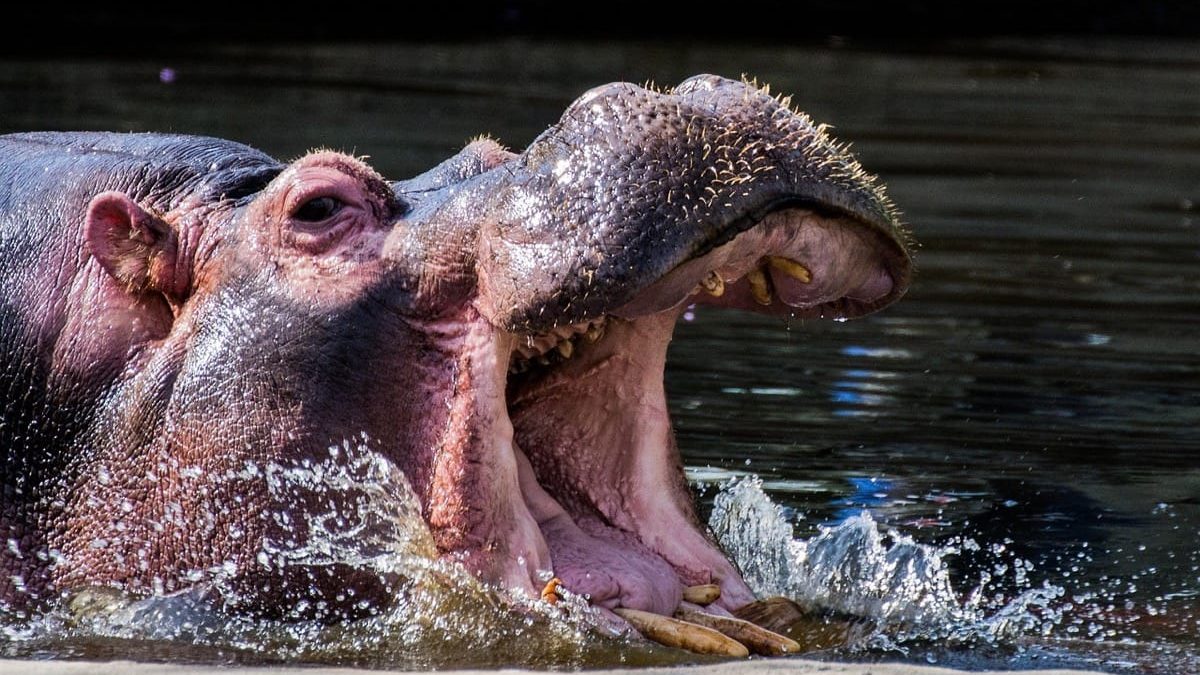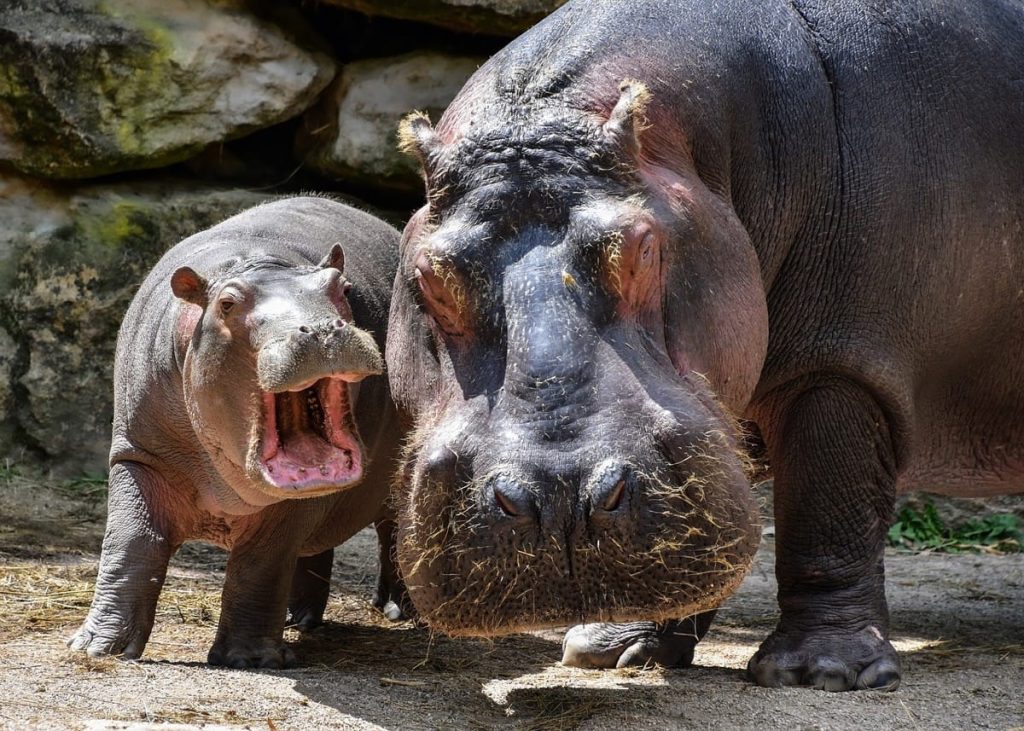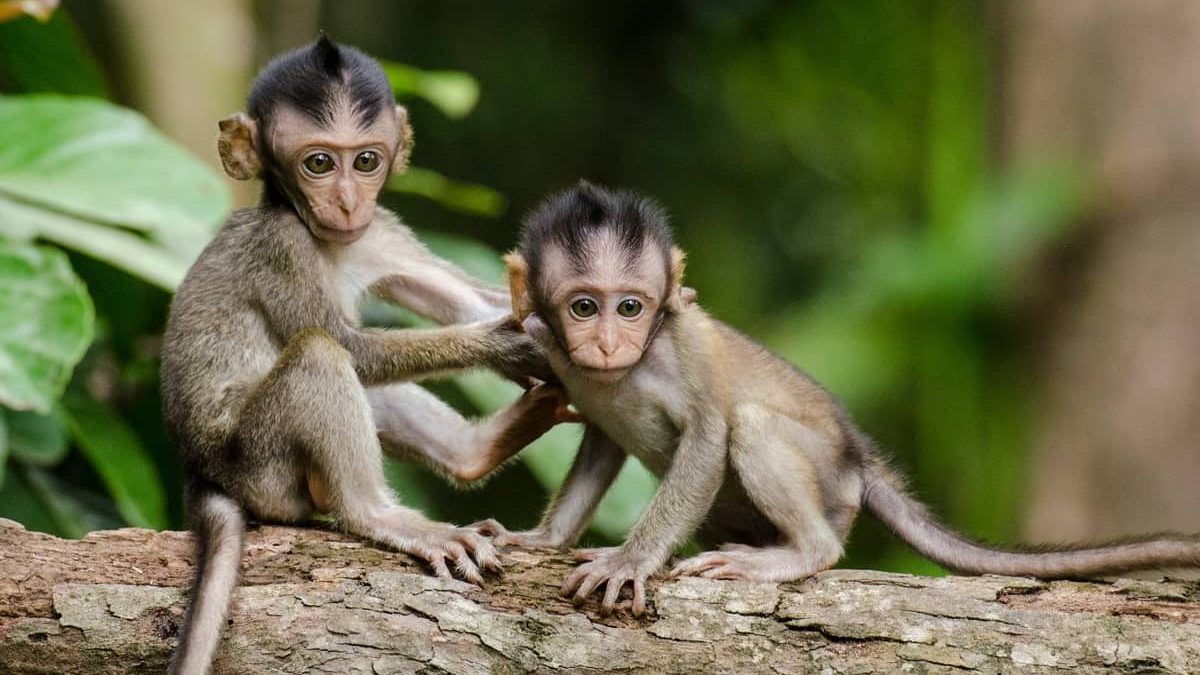
Where Do Hippos Sleep?
Hippos are fascinating creatures. They’re massive, semi-aquatic mammals that spend most of their lives in the water. But where do these behemoths sleep? Do they slumber underwater, nestled in the mud, or perhaps on land under the stars?
This blog post will dive into the world of hippo sleep, exploring their preferred snoozing spots, both in the wild and in captivity, and how their sleep habits change with the seasons.
Where Do Hippos Sleep at Night?
Mostly Underwater: Contrary to popular belief, hippos primarily sleep underwater at night. Their semi-aquatic lifestyle makes the water their natural habitat, and they feel safe and comfortable submerged.
Automatic Breathing: While underwater, hippos have a special adaptation that allows them to sleep soundly without constantly surfacing for air. They have a reflex that brings their nostrils to the surface every few minutes, even while unconscious, to take a quick breath and then sink back down. This automatic breathing mechanism ensures they get enough oxygen throughout the night without waking up fully.
Social Sleepers: Hippos are often social creatures, and this extends to their sleep habits. They sometimes sleep huddled together underwater, offering warmth and a sense of security. This behavior is most commonly seen among females and their young.

Where Do Hippos Sleep in the Wild?
Riverbanks and Mudflats: When not sleeping underwater, hippos may choose to rest on riverbanks or mudflats, especially during the day. These areas are close to their water source and provide a cool, soft surface to lie on.
Seeking Shade: Hippos have sensitive skin and are susceptible to sunburn. To avoid the harsh midday sun, they may seek out shaded areas on land, such as under trees or large rocks.
Shifting Preferences: Depending on the location and season, hippos may adjust their sleeping spots. For example, during the dry season, when water levels are low, they may spend more time sleeping on land to conserve energy.
Where Do Hippos Sleep in the Winter?
Hibernation Myth: Hippos do not hibernate in the winter, as their tropical habitat doesn’t experience the same drastic temperature changes as colder regions. However, their sleep patterns may shift slightly during the cooler months.
More Time Underwater: As the air temperature drops, hippos may spend more time submerged in the water, where it’s generally warmer. This helps them maintain their body temperature and conserve energy.
Reduced Activity: Overall, hippos may become less active in the winter, including spending more time resting and sleeping.
Hippo Sleeping Habits: Key Facts
- Sleep Duration: Hippos typically sleep for around 4-5 hours at night, with additional short naps throughout the day.
- Deeper Sleep on Land: While they can sleep underwater, hippos may experience deeper, more restorative sleep on land when they feel safe and secure.
- Snoring Sounds: Sleeping hippos sometimes make loud snoring or snorting sounds, which are likely related to their breathing patterns.
- Threats to Sleep: Predators, loud noises, and human disturbances can disrupt hippo sleep, making them more stressed and vulnerable.
Hippos and Their Unique Sleep Cycle
Hippos may not be the most graceful sleepers, but their underwater slumbering habits are an interesting adaptation to their semi-aquatic lifestyle. From automatic breathing to social snoozing, these fascinating creatures offer a glimpse into the unique world of animal sleep.



